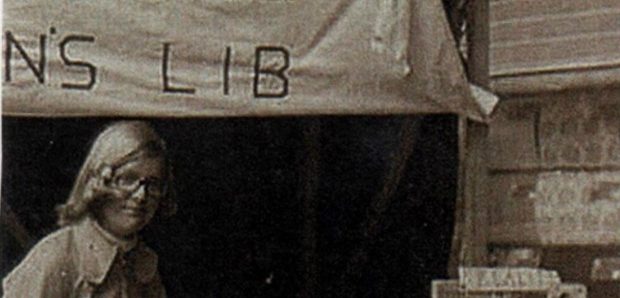In this blog, part of a series of posts looking at sites of historical interest in Portsmouth, Dr Rob James, Senior Lecturer in History, reveals that Park Building, location for History’s Open Days, was once home to the city’s central library. Rob’s research focuses on society’s leisure practices, and he teaches a number of units that focus on one of the most popular leisure pursuits of the first half of the twentieth century, going to the cinema.
Portsmouth’s first public library didn’t open until 1883, much later than most other sizeable cities in England. Indeed, the country’s first public library was opened over thirty years earlier, in Manchester in September 1852. Over the next few years many major towns and cities followed Manchester’s lead and opened public libraries to serve the country’s growing number of readers.

When I first started researching the country’s public library history I was somewhat surprised to see that Portsmouth was so late in getting in on the act. There appears to have been an initial reluctance among the city’s civic elites in setting up a free library service, with the local newspaper reporting in 1944 that ‘in the early days of the [free library] movement Portsmouth was not “library conscious”.’ [1] Apparently, opposition towards a public library service came from the city’s ratepayers who ‘opposed all attempts by the Borough Council to inaugurate a library service’. [2] That opposition was ‘gradually worn down’, and after the first public library proved to be a well-liked and much-visited amenity, Portsmouth’s civic leaders embarked upon providing branch libraries in many other areas of the city.
Such was the popularity of the first library that the Council soon had to look for an alternative location in which to accommodate all of its visitors (as well as the thousands of books it needed to house). Portsmouth ‘central’ library has, therefore, had a number of homes, but since 1890 it has been located at the heart of the city’s civic centre. Between 1890 and 1907 the library was located in the New Town Hall (site of the current Guildhall). After that it was housed in Park Building, which was also home to the city’s Municipal College. The library is currently located in Guildhall Square, next to the Civic Offices and just a stone’s throw away from the Guildhall.

Continuing the long history of education on that site, Park Building is now home to the University and the venue for our Faculty’s Open Days. So, when you’re next in the building – as a visitor at an Open Day or as a current student – try to imagine it filled with books and bustling with avid population of readers from across the city!
To read more on public libraries in Britain, see the previous blogs by Rob James on this site: ‘Libraries as community hubs’, ‘Read for Victory‘, ‘Pleasure in reading is the true function of all books’ and ‘Literature acknowledges no boundaries’.
Notes
[1] See comments published in ‘Portsmouth is Now Library Conscious: A Review of 60 Years’ Work in the City’, Evening News (Portsmouth), 30 May 1944.
[2] James G. Ollie, The Portsmouth Reader, July 1947.








